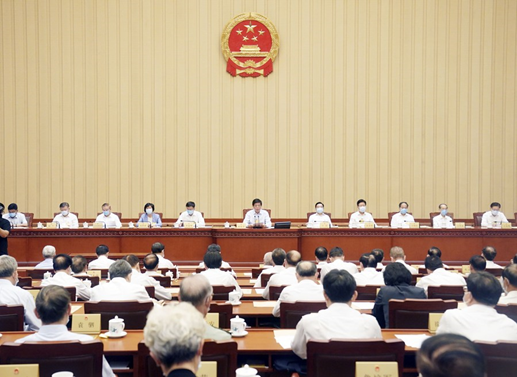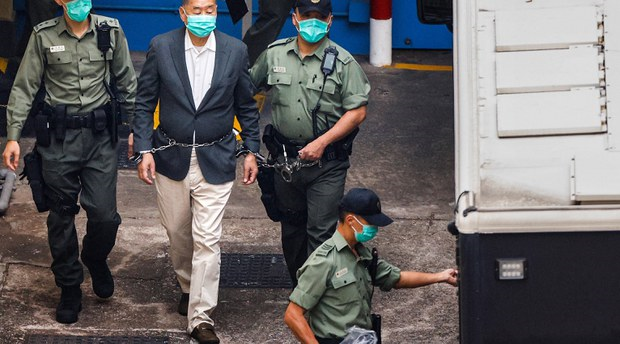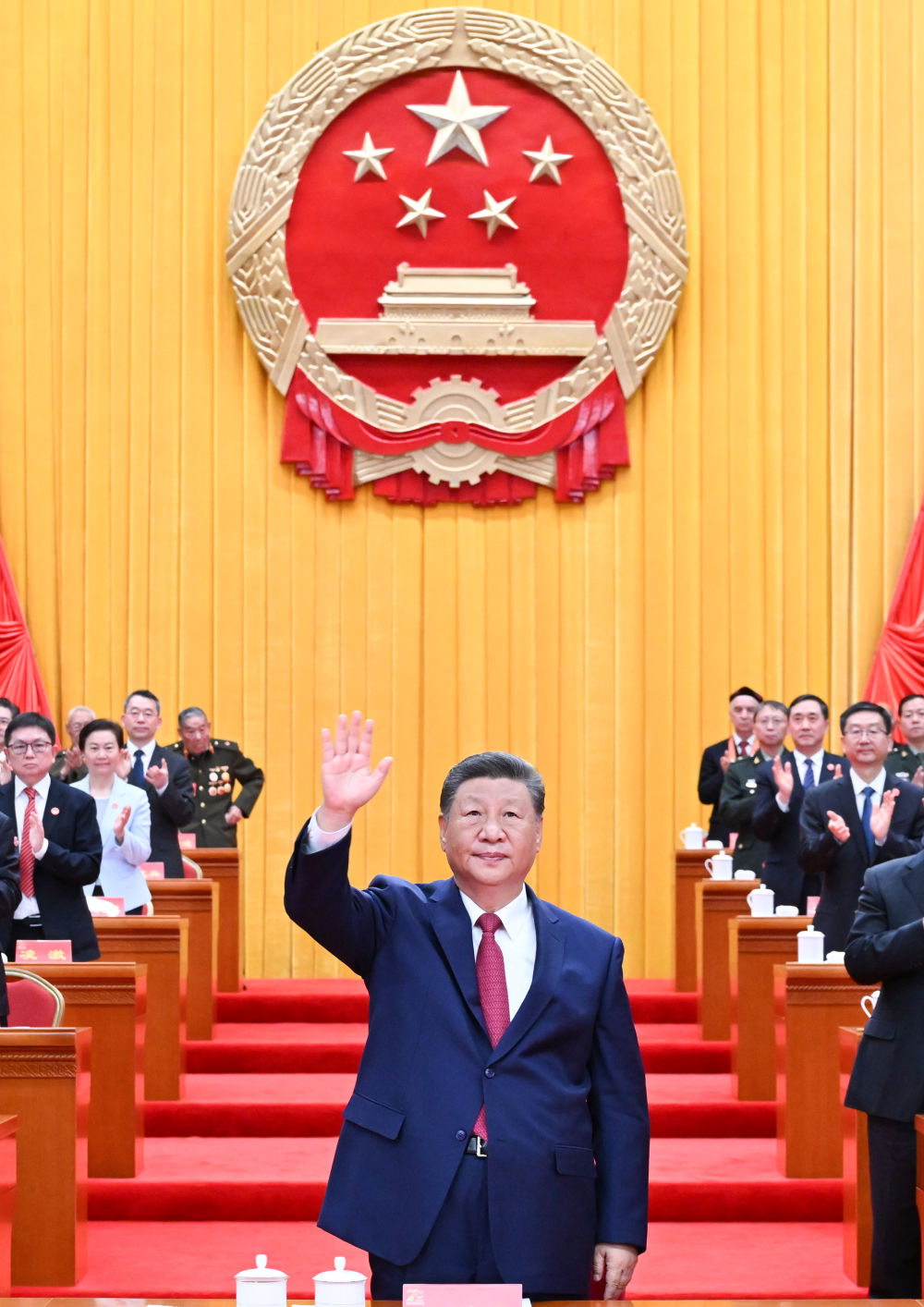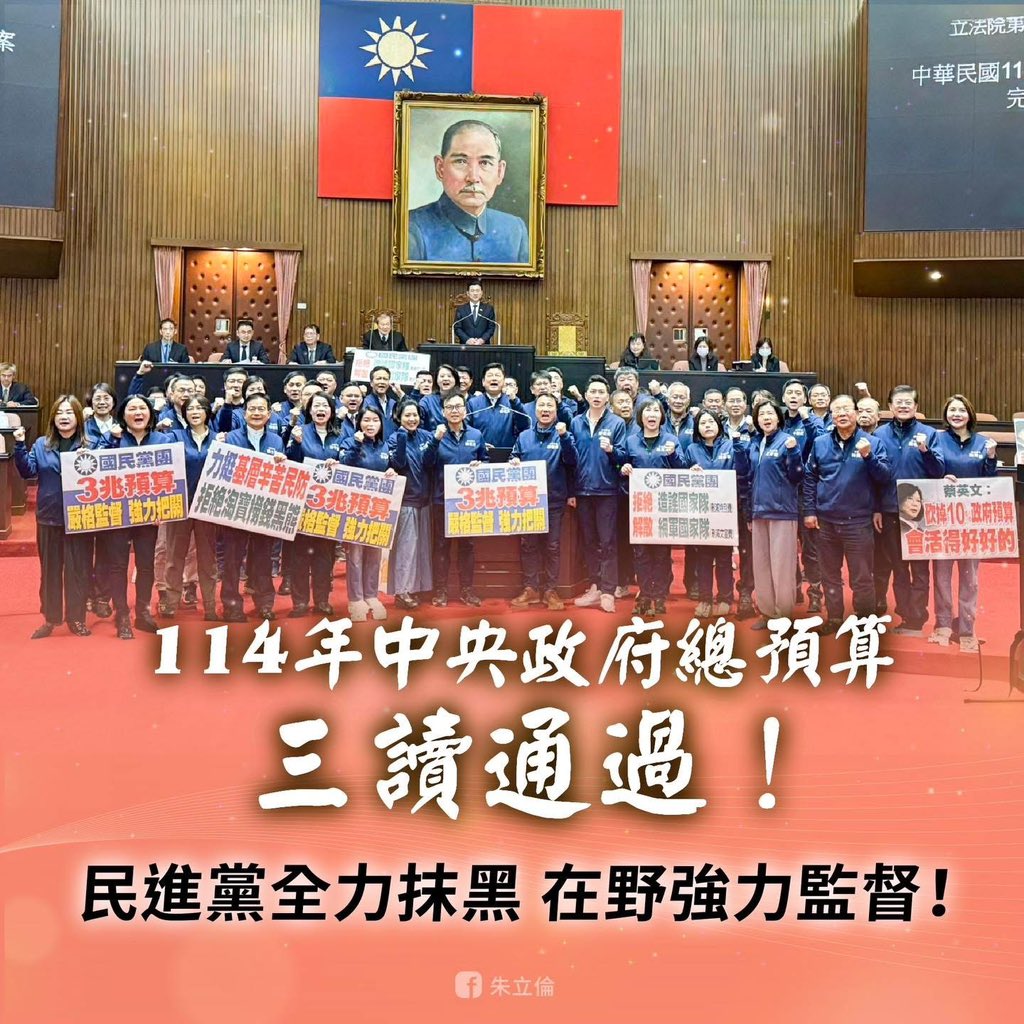
The Rollback of Human Rights and the Rule of Law in Hong Kong
The Rollback of Human Rights and the Rule of Law in Hong Kong
Introduction
After the Hong Kong protest movement exploded in 2019, the world looked on with both hope and trepidation. Protestors made five demands: that a proposed extradition law be withdrawn; that there be an independent investigation of police behavior; that the protests stop being characterized as riots; that any charges against arrested protesters be dropped and that promised universal suffrage be implemented (HKPF, December 25, 2019).[1] After months of protest, Hong Kong Chief Executive Carrie Lam publicly withdrew the extradition bill, fulfilling the first of the protestors’ demands (SCMP, September 4, 2019). But this temporary victory was too little too late and overshadowed by the ongoing and often violent crackdown on the protesters, and then in 2020, with Beijing’s imposition of the new National Security Law (NSL) (China Brief, July 29, 2020).[2]
The NSL’s damage to the Hong Kong Special Administrative Region (HKSAR)’s unique autonomy is not well understood by global audiences. It does not just add a couple of draconian crimes to Hong Kong’s legal code. Instead, it effectively undermines Beijing’s commitments to Hong Kong’s constitutional integrity, rule of law and human rights as promised in the 1984 Sino-British Joint Declaration (hereafter “Joint Declaration”) and the 1990 Hong Kong Basic Law.[3] The NSL effectively replaces the HKSAR’s promised liberal constitutional order with a national security constitution. In recent months near-daily arrests, the jailing of protesters and a wide-ranging crackdown on political opposition have ensured a new age of fear in Hong Kong.
Legal Background to the NSL
The 1990 Hong Kong Basic Law, enacted to carry out China’s commitments under the Joint Declaration, promised the newly created HKSAR a “high degree of autonomy,” with “Hong Kong people ruling Hong Kong.” The rule of law and protection of human rights were to be maintained under a common law system inherited from the British colonial regime, with independent and final courts and the continued application of the International Covenant on Civil and Political Rights (ICCPR) (OHCHR, undated; HRW, October 23, 1996). The Basic Law also promised the ultimate aim of universal suffrage, which was often a focus for popular protests. To better secure Hong Kong’s autonomy, mainland laws would not apply in the HKSAR, apart from a limited number of national laws explicitly listed in Annex III. Mainland departments under the Central Government of the People’s Republic of China (PRC) were not to interfere in Hong Kong affairs. Under Article 23 of the Basic Law, national security laws “to prohibit any act of treason, secession, sedition, subversion against the Central People’s Government, or theft of state secrets…” were to be locally enacted by Hong Kong “on its own.” The government of the HKSAR was also given the right to maintain public order on its own.[3]
The NSL undermines all of these commitments. Even its enactment reflected a cavalier view of Hong Kong’s special status. Both China’s Legislation Law and Hong Kong’s local legislative process provide for public consultation (Gov.cn, March 15, 2000; Legislative Council, December 22, 2017). Contradicting these legal documents, the NSL was drafted under total secrecy by the National People’s Congress Standing Committee (NPCSC) and implemented immediately upon promulgation (Xinhua, June 30, 2020; China Brief, July 29, 2020). While the Basic Law envisioned general national laws of a constitutional character being added to Annex III for local application, the NSL specifically targeted Hong Kong. It effectively imposed the local national security law that Hong Kong had failed to enact on its own under Basic Law Article 23.[4]
Early Lessons From the NSL’s Implementation
Ignoring the Basic Law’s limitations on mainland interference, the NSL puts in place mechanisms for direct mainland control over local affairs. A Committee to Safeguard National Security (the “Committee”), made up of the Hong Kong Chief Executive and various cabinet and law enforcement officials, now operates directly under the aegis of the Central Government to carry out NSL requirements. The Committee is “advised” by a mainland National Security Adviser, at present Luo Huining, who also serves as the mainland head of Beijing’s Liaison Office in the HKSAR (Xinhua, July 6, 2020).
The Committee’s work is to be carried out in secret and expressly not subject to judicial review. Any hopes that it will be seriously constrained by the Hong Kong Bill of Rights and/or uphold the ICCPR are low. The NSL also provides for new secretive special branches on national security to be established in both the police department and the Department of Justice. Under implementation rules issued during the Committee’s first meeting, the NSL special police unit is empowered to conduct secret surveillance and warrantless searches when necessary (Gov.hk, July 6, 2020). Where urgency is not required, a designated magistrate will issue search warrants. Such searches could even include the offices of defense lawyers, further undermining legal independence.
The NSL also establishes a Hong Kong Office for Safeguarding National Security (the “Office”), to be staffed by mainland public security officials operating in secret (Xinhua, July 8, 2020). The Office is tasked with the “oversight” and “guidance” of local national security authorities and is additionally empowered to conduct surveillance and investigations on its own. Mainland officials operating under the Office will do so beyond local jurisdiction. In so-called “complex” or “serious” cases, they are empowered to transfer an accused to the mainland for trial.
The End of an Independent Judiciary, Criminal Justice Overreach, and Human Rights Violations
Even where NSL cases are tried in Hong Kong, concerns about criminal justice abound. The NSL requires the Chief Executive to designate a special list of judges to try NSL cases.[2] Any judge who makes a statement endangering national security is to be removed from the list. Since Hong Kong’s common law judges are not politically active, it would seem the only venue where such offending statement would be made is in court. Mainland officials and commenters have already attacked local judges who dismiss public order or rioting charges under local public order laws (China Daily, September 18, 2020). Criticisms regarding the question of bail in early NSL cases have been particularly notable; the language of the NSL creates a presumption against granting bail for defendants, generally leaving defendants to languish in jail while awaiting trial.
The crimes of secession, subversion, terrorism and collusion with foreign elements are all vaguely defined in the NSL but have been widely applied. Further prohibitions for aiding and abetting and the incitement of each of the aforementioned crimes make it nearly impossible to know what is and is not allowed. The only way to determine what is prohibited seems to be through the retroactive analysis of police statements and the arrests and prosecutions that have occurred.
The government’s prosecutions of pro-democracy activists severely offend the international standards for free expression under the ICCPR, which protect speech unless it incites or threatens imminent unlawful action. More than half of those arrested or charged in connection with violating the NSL are accused merely of uttering or posting words or making public comments. Popular protest slogans like “five demands, not one less,” are now banned and cause for arrest under the NSL, alongside any calls for independence or self-determination, no matter how polemical.
The NSL further provides for a minimum sentencing of three years to life in prison for most offenses. Public-minded speakers critical of the national security regime risk being branded as “extremely dangerous”, which is how the mainland People’s Daily described the pro-democracy newspaper publisher Jimmy Lai after he became the first defendant charged under the NSL to be released on bail (People’s Daily, December 26, 2020). Upon government appeal, Lai’s bail was later revoked and an appeal before the Court of Final Appeal is now pending.

Democratic countries—including Canada, Australia, the UK, New Zealand and the U.S.—have suspended their extradition arrangements with Hong Kong to protest the NSL. Foreign governments are also concerned about the wide reach of the law, under which persons anywhere in the world could be held criminally liable for legitimate acts of protected free speech in their own country. This concern is not speculative: warrants have reportedly already been issued for up to thirty people abroad (Global Times, December 27, 2020).
Knock-On Effects Across All Sectors of Hong Kong Society
The government’s legal crackdown extends beyond NSL charges to encompass pre-existing public order crimes, which have been mobilized in a newly aggressive way to stifle political opposition. Over 10,000 public order-related arrests and over 2,300 prosecutions were made from 2019 to mid-2020, demonstrating the wide reach of the suppression effort (Hong Kong Watch, November 20, 2020). The repeated arrests of opposition lawmakers and the recent jailing of prominent pro-democracy activists such as Joshua Wong, Ivan Lam, and Agnes Chow—now serving lengthy jail terms for unauthorized assembly—have sent a clear signal of the government’s determination to silence criticism.
The mainland’s growing interference in Hong Kong affairs has not stopped with the implementation of the NSL. After local election officials declared four elected member of the Legislative Council ineligible to run for reelection, Beijing authorized their dismissal from the Legislative Council via a decision from the NPCSC on November 11 (Xinhua, November 11, 2020).The remaining 15 opposition legislators subsequently resigned in protest, effectively turning the Legislative Council into a rubber-stamp body (HRW, November 12, 2020).
The NSL requires the HKSAR Government to provide “guidance, supervision and regulation” on national security over “universities, social organizations, the media and the internet.” Similar provisions call for the Office for Safeguarding National Security to “take necessary measures to strengthen the management of,” among others, “non-governmental organizations and the news agencies of foreign countries.”[2] No time was lost in cautioning schools to uphold national security education and dismissing students or teachers who failed to do so (The Diplomat, October 14, 2020).
The shifting of norms has worried foreign actors that used to operate freely in Hong Kong, absent restrictions they would have faced on the mainland. After some New York Times employees failed to secure visas to continue working in the HKSAR just over a month after the NSL’s implementation, the American paper announced its decision to shift part of its operations to South Korea (New York Times, July 14, 2020). Financial institutions have also faced an increasingly awkward situation. Local branches of HSBC and Standard Chartered were pressured to profess their support for the NSL and cooperate with police to freeze the assets of persons charged under the NSL while simultaneously facing foreign legal requirements to avoid supporting the NSL (CGTN, June 5, 2020; HKPF, December 12, 2020).
Conclusion
When the NSL was first promulgated, PRC and HKSAR officials assured Hong Kongers that they had “nothing to fear” and that Hong Kong’s rule of law and human rights protections would not be harmed (CGTN, June 10, 2020; Global Times, May 25, 2020). That has not been the case. Approximately 40 people were arrested in the first six months on charges related to the NSL, while many others have been prosecuted for pre-NSL public order crimes.
Political activists have been arrested for shouting or posting forbidden slogans from the protest movement. The official claim that the law reaches only a limited few clearly fails to appreciate the knock-on effect of these onerous prosecutions, as well as the reach of the law beyond the criminal area. As this article was being written, 53 core members of the opposition camp were arrested under the NSL, including every candidate who participated in unofficial primary run-off elections conducted in July 2020 (SCMP, January 6).
The aim of the opposition primary was to select candidates for a then-planned September election for the Legislative Council. (This election was postponed indefinitely, ostensibly due to public health concerns connected with COVID-19). The organizers had planned to seek a majority in the legislative body and push the sitting HKSAR government to meet the five demands or resign by using their power to block budgetary legislation (a provision in the Basic Law requires that the government must resign if its budget proposal is twice rejected). The government accused the primary’s organizers and participants of plotting to “overthrow” the government and arrested them on the grounds of subversion under the NSL. Such overt targeting of the political opposition will likely chill popular engagement in public affairs, prompting more protests, or, as a last resort, mass exits from the once-liberal bastion of Hong Kong.
Michael C. Davis is a Global Fellow at the Woodrow Wilson International Center in Washington, DC, an affiliate research scholar at the Weatherhead East Asia Institute at Columbia University and a Professor of Law and International Affairs at the O.P. Jindal Global University in India. He was a professor in the Law Faculty at the University of Hong Kong until late 2016, where he still teaches as visiting professor from time to time. He has just published a new book, Making Hong Kong China: The Rollback of Human Rights and the Rule of Law: https://cup.columbia.edu/book/making-hong-kong-china/9781952636134, which includes a more comprehensive overview of recent developments in Hong Kong.
Notes
[1] Officially called the Fugitive Offenders and Mutual Legal Assistance in Criminal Matters Legislation (Amendment) Bill but commonly referred to as the Extradition Law Amendment Bill (ELAB), the extradition bill was proposed in February 2019 and would have allowed people arrested in Hong Kong on mainland charges to be remanded to the mainland for trial. Protestors feared the bill would undermine Hong Kong’s judicial independence from mainland China and subject them to the mainland justice system, which is notoriously devoid of human rights protections.
[2] See: “The Law of the People’s Republic of China on Safeguarding National Security in the Hong Kong Special Administrative Region,” HKSAR Government, June 30, 2020, https://www.gld.gov.hk/egazette/pdf/20202448e/egn2020244872.pdf.
[3] See: “Joint Declaration of the Government of the United Kingdom of Great Britain and Northern Ireland and the Government of the People’s Republic of China on the Question of Hong Kong,” Gov.cn, June 14, 2007, https://english1.english.gov.cn/2007-06/14/content_649468.htm; and “The Basic Law of the Hong Kong Special Administrative Region of the People’s Republic of China,” August 4, 1990, Gov.hk, https://www.basiclaw.gov.hk/en/basiclawtext/cover.html.
[4] Controversial efforts to implement Article 23 with the proposal of a National Security (Legislative Provisions) Bill in 2003 led to mass demonstrations on July 1, 2003. The bill was shelved indefinitely following the public outcry. Though Beijing tends to blame this failure on Hong Kong opposition, it is doubtful if such opposition would have objected if the proposed legislation had been fully compliant with ICCPR requirements.


